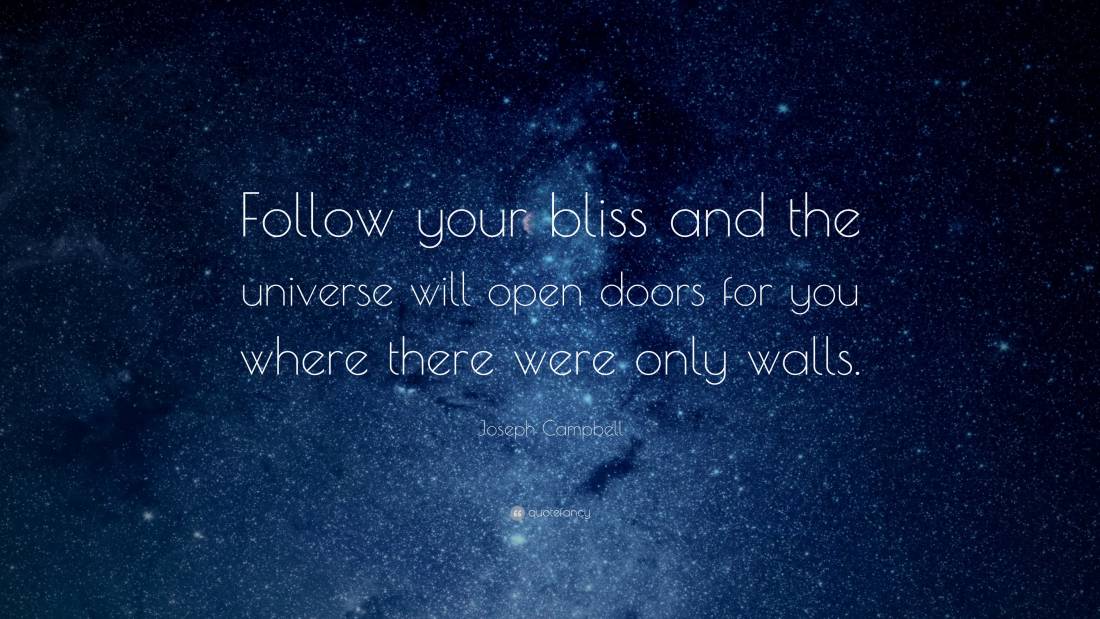Most people don’t really have a clue what they should be doing with their lives. We barely know what makes us happy right now; let alone what career could keep us happy for the next umpteen years.
And when it comes to careers, is happiness really all that important anyway? That elusive thing we all want but can barely even define?
The Classical Perspective of Work
Once upon a time, popular conception conceded that work wasn’t supposed to be fun or necessarily make us happy. It was thought that through consistent effort and eventual mastery, we may find fulfillment in our work, and even if we cannot, we might find fulfillment through the fruits of our labor. This is the protestant perspective on work – or in more popular, secular terms, the “Jiro Dreams of Sushi” perspective.
For those who have no idea what I’m talking about, Jiro Ono is the protagonist in a self-titled documentary who dedicated his life to mastering the art of sushi-making. Despite no particular initial passion for sushi, and what appears to be grueling decades of repetitious and mundane tasks that would drive most people insane, he has become the world’s most famous sushi chef.
The Good of Following Your Passion
There’s so much talk about ‘following your passion’. About doing what you find interesting. If you do that, we’re told, everything else will fall into place. It’s a nice idea, but what about the thousands of failed actors and actresses or the legions of art history majors out of work?
There’s certainly something to the adage of following your passion. Research shows that when you do what you like, you’re more likely to work hard and want to improve. You’re more likely to feel like your work is a reflection of who you are, which breeds a kind of intrinsic motivation that salary or external praise cannot.
The Bad of Following Your Passion
There’s unfortunately also something to the supply and demand of labor markets, and however hard you work, there isn’t a bottomless supply of museum curator jobs out there.
Even if that doesn’t dissuade you, and it shouldn’t because pieces like this are just conjecture, and tenacity is far more pungent than the opines of an armchair critic like me, following your passion is not a yellow brick road. Assuming you do have a particular passion and are fortunate enough to know of a career or two that can satisfy that passion, not everyone is willing to make the sacrifices that unadulterated dedication to a passion requires.
Nothing in life is free, a sage friend once told me. Hidden behind the feel-good aphorisms of following your passion is an ugly cost: arduous repetition; a strained personal life, if any; less family time; the stress of having no safety net should you fail; and the blow to the ego and feelings of humiliation when you do fail.
This is the fouler side of passion that motivational speakers and life coaches sugarcoat or neglect to mention altogether. In the film Whiplash, we see a young, ambitious drummer sacrifice the things most people take for granted like novel comforts and friends in order to become one of the elite drummers to ever live. By the end of the movie, whether or not he achieves the level of success he wanted remains a mystery to the viewer. His sacrifices up to that point - losing the girl he was so crazy about, broken family relationships - are no mystery however. That is the nature of following your passion. Perilous effort and sacrifice with no guarantee of extrinsic success.
Characters like this belong to the lore of fiction and non-fiction alike. Like Steve Jobs or Ayn Rand’s Howard Roark, we idolize the self-sacrifice of unadulterated passion. They are heroes because they gave their lifetime to a single pursuit. Most people aren’t willing to pay that price however, and so “following your passion” becomes little more than veiled hedonism - wanting the end result without the requisite work.
The Truth
Some people attribute the expression “follow your passion” to Joseph Campbell, a comparative mythologist who centered his career around the study and exploration of the monomyth – what he believed was a formulaic consistency between the world’s myths that span geography and time. What Campbell advocated was following your bliss. Quickly, his expression disseminated to healers and motivational speakers, who considered it carte blanche guidance to do what you like, and again diluted a complex idea into simple hedonism.
Following your bliss in Campbell’s ideology has nothing to do with self-indulgence and everything to do with self-sacrifice. It is about dedicating your life and your work to a force greater than yourself and letting that force, rather than your desire for self preservation, guide you. Campbell advocated a transformation of consciousness that is a natural consequence of following your bliss. For Campbell, following your bliss requires a greater sense of duty and is not about acquiring wealth, fame, or pleasure, but becoming one with a greater consciousness.
The truth is that most people don’t really want to follow their passion – at least not in the sense I have outlined above. Rather they simply want to do something they like, which is so obvious it’s practically a tautology. There is nothing wrong with that, of course. That is, after all, why we built the Sokanu career test – to help people find practical careers they would like. Sokanu was not built for the Howard Roark’s of the world.
The Middle Way
There is of course a middle ground. My intent with all this is not to depress the reader and shatter any hopes of fulfilling work, but rather to reduce regret. The grass is not always greener. We have become so inundated with messages that we ought to be doing work that makes us happy all the time, that many feel like they are missing out on something that so many others have. The truth is that we all struggle to find balance in our lives: the balance between work and time with loved ones, the balance between pay to support ourselves and our families and doing things we are interested in, and the balance between personal growth and comfort.
If you are one of the few that knows your mission in life and is on the path to fulfill it, that’s great. To the rest, take comfort that most people are trying to figure things out, and figuring things out is part of the fun.




